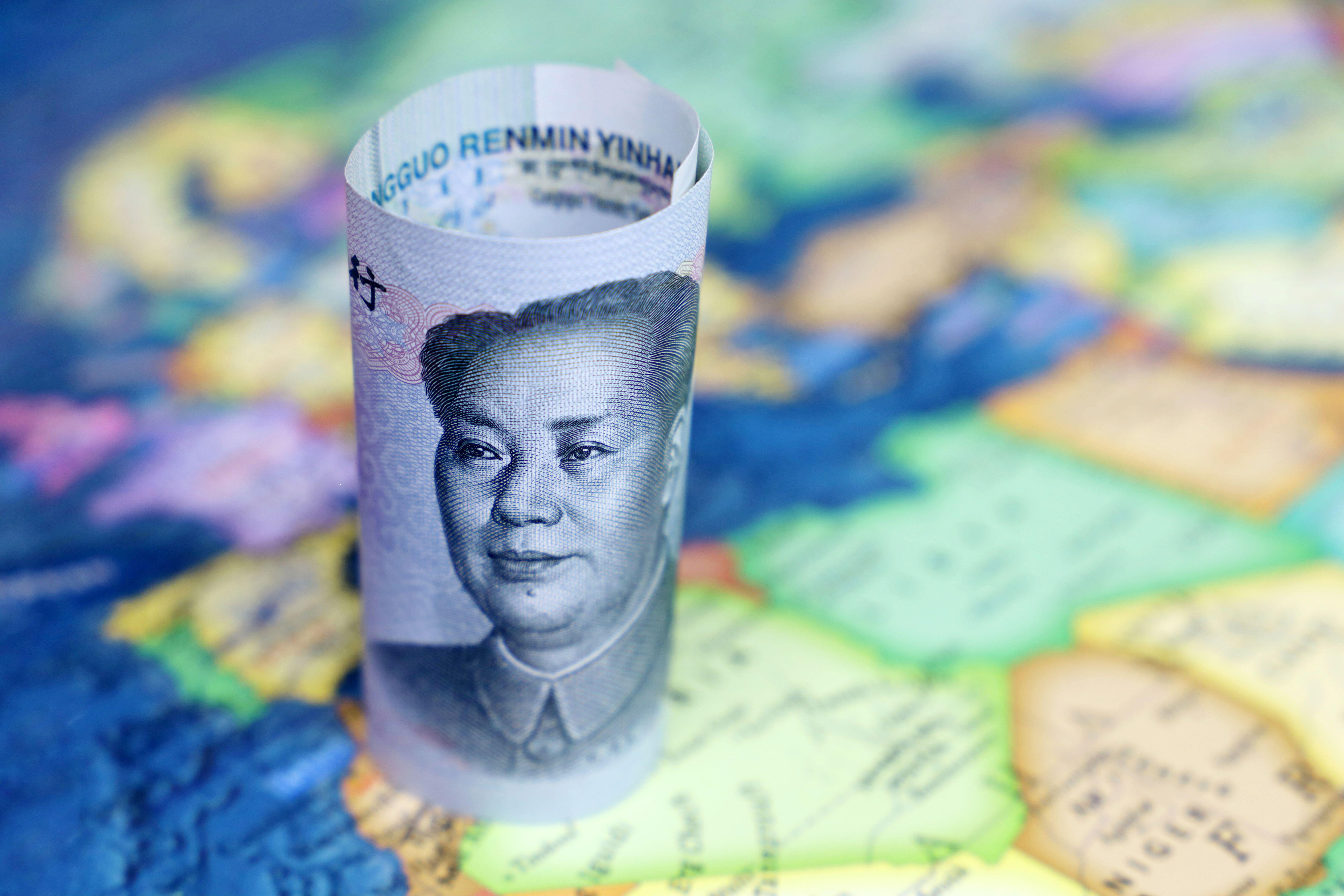Chinese language firms are quickly deploying know-how to allow telecommunications, cell funds, sensible cities and underwater fiber networks throughout Africa — however some worry that the rollouts will allow surveillance of trade, authorities and the general public as China will get a bigger foothold within the continent’s operations.
To assist thwart that consequence, SentinelOne is launching the Undermonitored Areas Working Group (URWG) to handle what it calls “unique cybersecurity hurdles faced in these regions,” that are regularly sidelined in mainstream international cybersecurity discussions.
In keeping with a white paper from the safety agency detailing the issues, there’s “a considerable gap in the realm of cyber threat intelligence” relating to Africa, and an absence of readability as to what the long-term agenda of China is in investing within the area.
The results of that funding will thus be an “intricate web of geopolitics and cyber threats,” Tom Hegel, senior menace researcher at SentinelOne, stated within the white paper.
A Delicate Energy Dominance
Highlighting what he referred to as a “soft power diplomacy,” Hegel stated that China is actively cultivating cultural ties and nurturing academic partnerships throughout Africa, and constructing a wider know-how dominance having financed massive essential infrastructure tasks in lots of African nations. This is because of African nations looking for financial and infrastructure improvement, and China has been a eager investor during the last decade.
Specifically, Hegel stated within the white paper that Chinese language firms Huawei and ZTE “have brought the boon of digital connectivity to the remotest corners of Africa,” and in addition cited funding in tasks laying subsea cables to rejuvenate Africa’s digital connectivity. This undertaking is being carried out by HMN Applied sciences, which beforehand had links to Huawei and will enable China the potential to observe knowledge flowing by way of them and decide the movement of data between continents.
Additionally, the digital cell banking platform M-Pesa has greater than 50 million customers processing greater than $314 billion in transactions yearly, and it lately has been migrated to Huawei’s Cell Cash Platform. And OPay and PalmPaythat are each backed by Chinese language traders, have moved into this market, too.
Huawei know-how can also be being used in smart-city initiativeswith facial recognition, synthetic intelligence, knowledge analytics, and 5G networks being deployed to reinforce city administration, increase public security, and spur financial improvement.
Regardless of the potential financial upside for the area that better know-how funding brings, Hegel stated the rollout of those applied sciences is “creating a scenario where a foreign power has an overwhelming influence over the financial stability, habits, and preferences of a significant portion of the African populace.”
For example, Hegel stated within the white paper that the Huawei-driven sensible cities, since they are going to function essentially on Chinese language know-how, may give Beijing real-time insights into inhabitants actions and extra.
An Trade Response To China Considerations
URWG has a mission to broaden trade information of cyber threats in less-monitored areas of the world, particularly Africa, primarily by working with native consultants to grasp the challenges and supply assets. Additionally, the group will observe state-sponsored threats and harness collective experience to establish new threats and devise efficient countermeasures in opposition to them.
“My ambition is to make this a thriving and trusted resource for this type of research, imposing cost on these adversaries, and enable new methods of threat tracking,” Hegel tells Darkish Studying.
He says this will likely be a very voluntary effort for established safety researchers, native consultants, and others who can present worth to the work, and is an effort to “collaborate and provide intelligence to those defending, and overall improve our understanding of threat activity in these regions.”
Proof of a Chinese language Risk?
Earlier this yr, Sentinel One revealed particulars of Operation Tainted Lovea collection of focused assaults conducting reconnaissance, credential theft, lateral motion, and knowledge exfiltration actions in opposition to telecommunication, monetary, and authorities entities in Southeast Asia, Europe, Africa, and the Center East. It claimed the preliminary assault phases had been carried out by Chinese language menace actors with cyber-espionage motivations.
One other China-linked APT group, named BackdoorDiplomacyhad operated throughout Africa in a three-year endeavor concentrating on governmental organizations in Kenya with ways just like these deployed in Operation Tainted Love.
Hegel stated within the white paper that BackdoorDiplomacy additionally concentrates its efforts on authorities entities, together with high-priority telecommunications and finance organizations, and had carried out campaigns throughout Africa, notably in South Africa, Kenya, Senegal, and Ethiopia.
SentinelOne is not the one entity involved about an increasing Chinese language technological footprint. For instance, one report claimed that the Chinese language authorities maintained backdoor entry into servers for the African Union’s headquarters in Ethiopia between 2012 and 2017.
Hegel stated within the white paper that these focused intrusions in opposition to key industrial sectors had been tracked in numerous African nations, and align with China’s broader smooth energy and technological agenda within the area.
“Based on our limited perspective into some of these intrusions, there does appear to be targeting in line with soft power agendas,” he tells Darkish Studying. “This includes strategic telecommunication competition to China in Africa, and financial organizations relevant to investments made by China.”
Author: Dan Raywood, Senior Editor, Darkish Studying
Date: 2023-09-21 13:00:00



